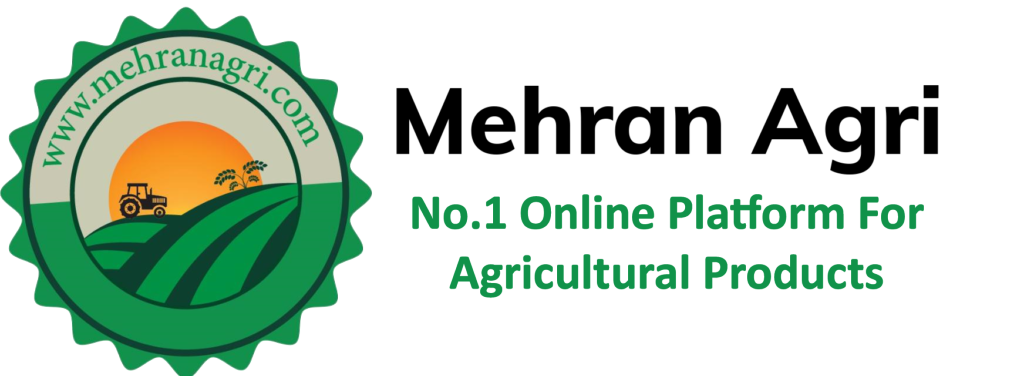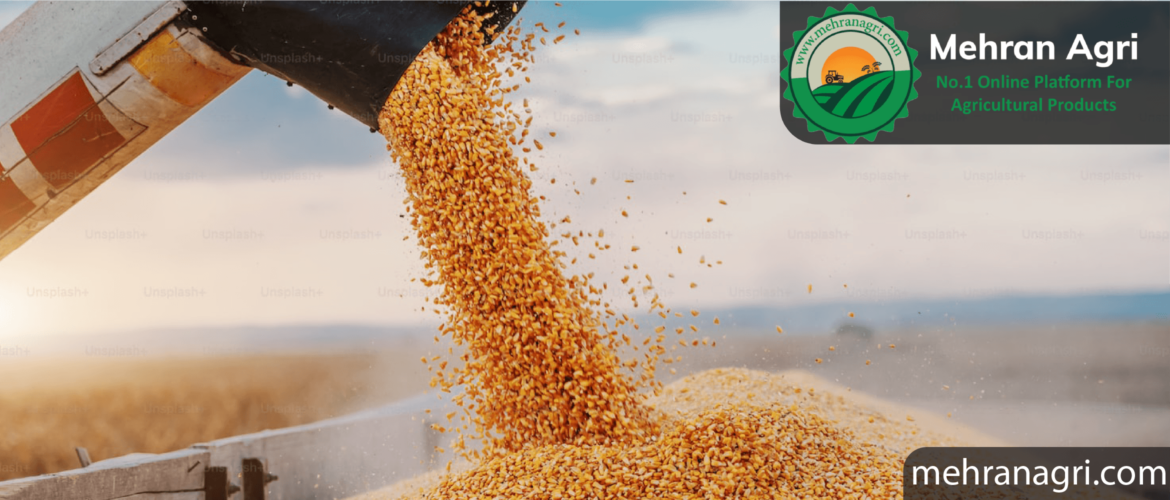Corn seeds, also known as maize seeds, are the basic units used for planting and growing corn plants. They are essential for starting a corn crop and are available in various varieties and types to suit different needs. Here are some additional details about corn seeds:
1. Types of Corn Seeds: There are different types of corn seeds, each with specific characteristics and purposes.
These include:
• Sweet Corn Seeds: These seeds produce corn with a high sugar content, making them ideal for fresh consumption. Sweet corn is typically harvested when the kernels are in the milk stage.
• Field Corn Seeds: Field corn is primarily grown for livestock feed, industrial purposes, or for processing into various corn-based products. The kernels of field corn are larger and have a higher starch content compared to sweet corn.
• Popcorn Seeds: Popcorn seeds are specifically cultivated for popping into edible popcorn. They have a hard outer shell that allows them to burst open and expand when heated.
• Dent Corn Seeds: Dent corn, also known as field corn, gets its name from the characteristic dent that forms at the top of the mature kernel. Dent corn is commonly used for animal feed and processed into food products like cornmeal, corn oil, and corn syrup.
• Flint Corn Seeds: Flint corn has a hard outer layer on the kernels and is often used for ornamental purposes due to its colourful and decorative appearance.
2. Seed Selection: When choosing corn seeds, factors such as climate, soil type, intended use, and disease resistance should be considered. Farmers and gardeners often select seeds based on their specific requirements and local growing conditions.
3. Hybrid Seeds: Many corn seeds available today are hybrid varieties. Hybridization involves cross-breeding two different corn plants to create offspring with desired traits, such as improved yield, disease resistance, or specific characteristics. Hybrid corn seeds often exhibit uniformity and consistency in terms of growth and quality.
4. GMO Corn Seeds: Genetically modified organisms (GMOs) are plants whose genetic material has been altered using biotechnology techniques. Some corn seeds are genetically modified to possess traits like herbicide tolerance or insect resistance. GMO corn seeds have been controversial due to concerns about their potential impact on the environment and human health.
5. Seed Treatment: Before planting, corn seeds may undergo seed treatment processes to protect them from pests, diseases, and environmental stress. Treatments can include fungicides, insecticides, or coatings to enhance germination and early plant growth.
6. Planting and Germination: Corn seeds are typically planted in rows at the appropriate spacing and depth, ensuring adequate soil moisture and temperature. Germination occurs when the seed absorbs water and the embryo starts to grow, sending out roots and shoots.
7. Seed Saving: Farmers and gardeners can save corn seeds from mature plants for future planting. However, for hybrid corn varieties, saved seeds may not exhibit the same traits as the parent plant, as they tend to show variability.
Corn seeds are essential for growing corn crops, providing food, feed, and raw materials for numerous industries. They are a vital component of global agriculture and play a significant role in meeting the demand for corn-based products.

